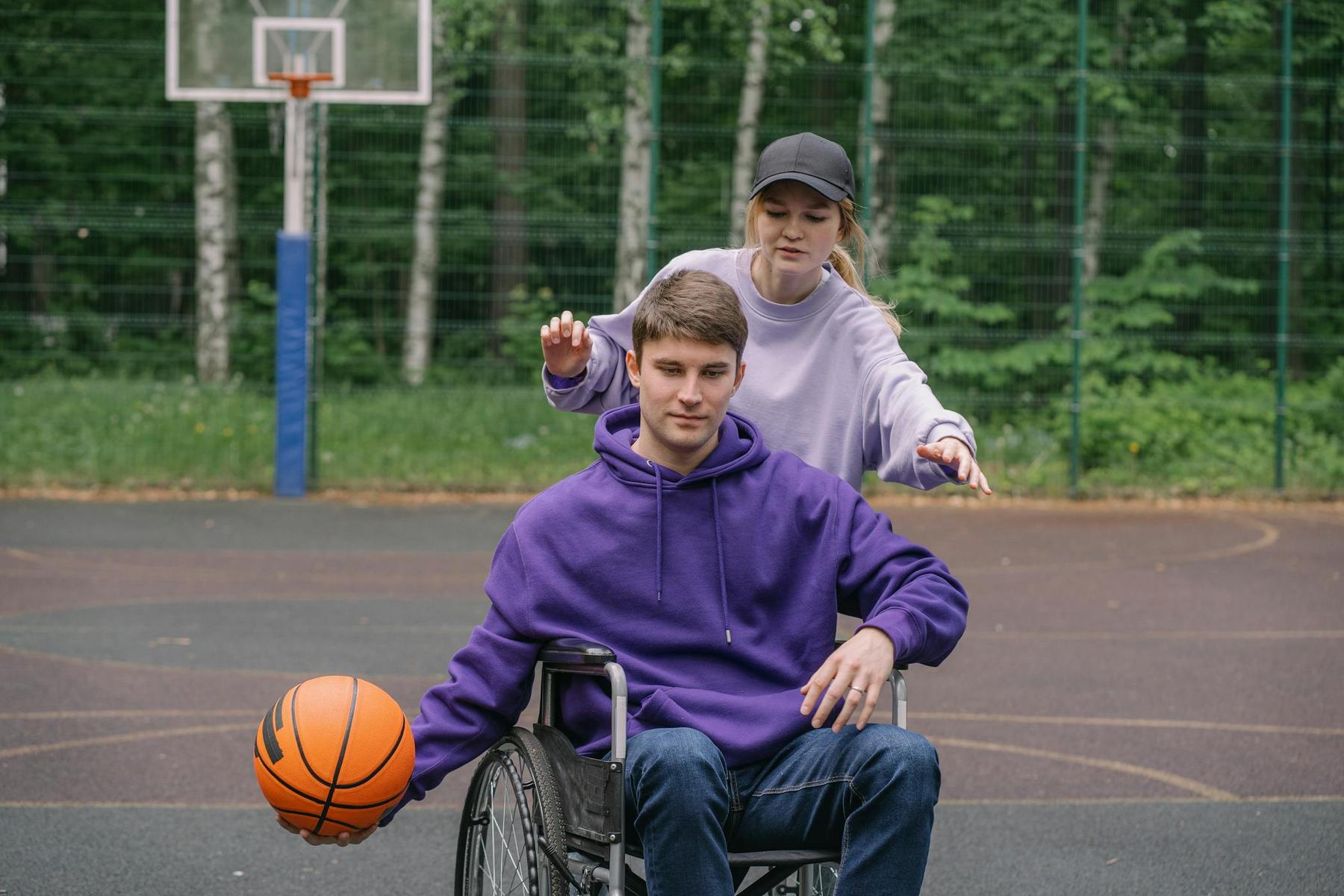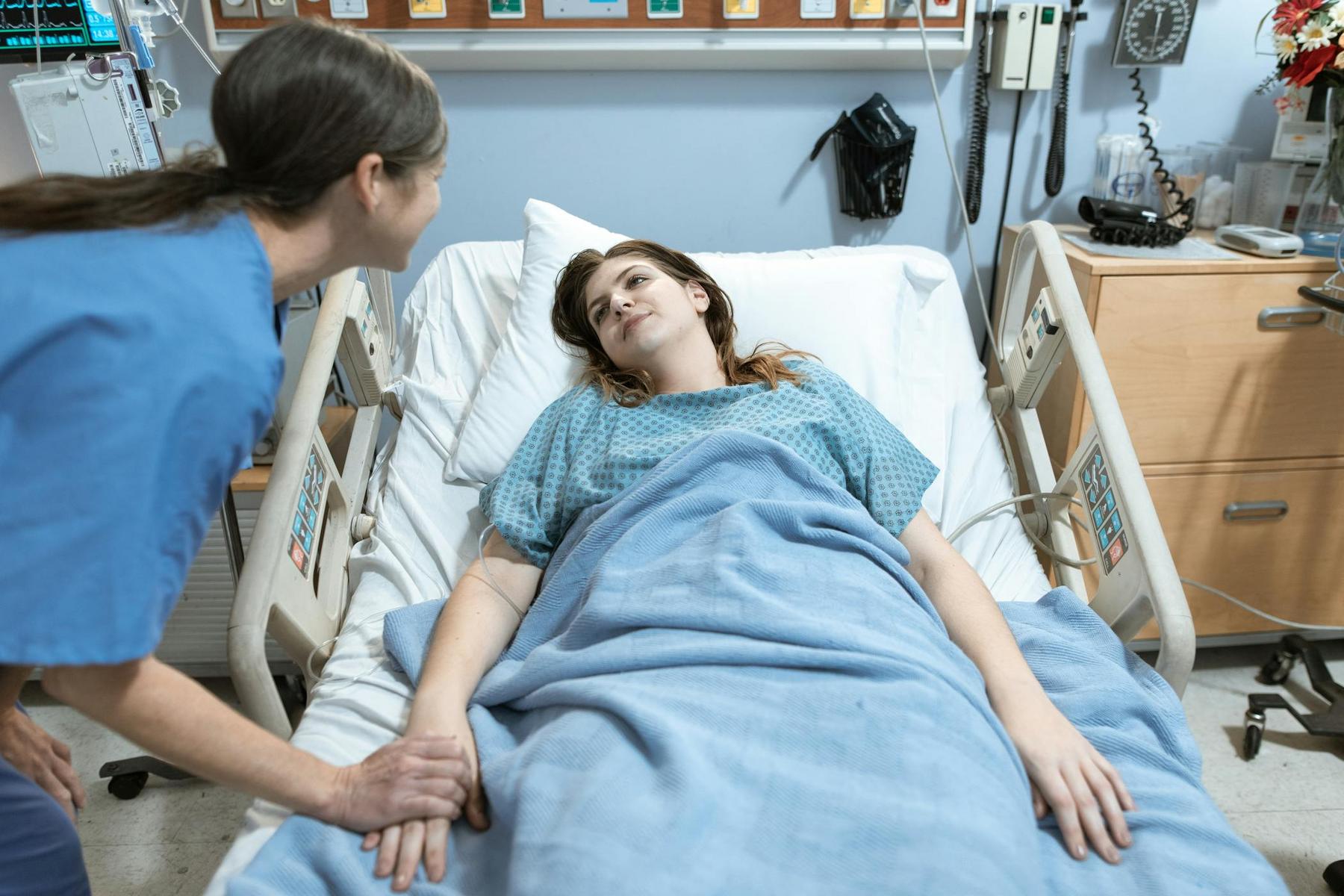When you’re navigating life with disability, professional support services matter – but so does the voice of someone who truly understands. Someone who’s sat in the same doctor’s waiting room, experienced the same frustrations with inaccessible transport, or celebrated the same small victories that feel monumental. In Brisbane and across Queensland, disability support groups create spaces where lived experience becomes the foundation for genuine connection, practical wisdom, and collective advocacy.
With approximately 1.2 million Queenslanders living with disability – representing 22.9% of the state’s population – the need for community connection has never been more critical. Yet only around 121,000 people access NDIS support from over 935,000 Queenslanders with disability. For the vast majority navigating life beyond formal support schemes, Brisbane disability support groups offer something equally valuable: a community built on mutual understanding, shared experiences, and the power of peer connection.
Why Are Brisbane Disability Support Groups Essential for Community Wellbeing?
The statistics paint a clear picture. Across Australia, 5.5 million people live with disability – 21.4% of the population – and this prevalence increases dramatically with age, affecting 52.3% of Australians aged 65 and over. Yet only 10% of people with disability qualify for NDIS support, leaving millions to navigate complex service systems, social isolation, and daily challenges without individualised funding packages.
Brisbane disability support groups fill this critical gap. These peer-led communities provide emotional validation, practical information sharing, and collective advocacy that formal services alone cannot offer. Research consistently demonstrates that peer support reduces social isolation, decreases hospital readmissions by up to 50%, and provides measurable improvements in quality of life and emotional resilience.
The value extends beyond individual wellbeing. With 642,200 unpaid carers in Queensland – 254,500 of whom are primary carers – disability support groups create networks that benefit entire families. When someone with disability connects with peers who understand their journey, the ripple effect touches partners, parents, children, and friends who share the caring role.
The Evidence Behind Peer Connection
Peer support operates on principles that professional services, no matter how skilled, cannot replicate. The credibility that comes from lived experience creates trust and understanding that transforms how people view their own circumstances. When you hear from someone who’s successfully navigated NDIS planning, managed chronic pain whilst maintaining employment, or built a fulfilling social life despite mobility limitations, hope becomes tangible rather than abstract.
Brisbane disability support groups leverage this power through structured yet flexible community models. The Queenslanders with Disability Network (QDN) operates over 20 peer support groups across Queensland, including monthly Brisbane gatherings at their Spring Hill office on Turbot Street. These groups are run by people with disability, for people with disability – a peer-led approach that centres lived experience as the primary qualification for participation and leadership.
How Do Peer Support Groups Differ from Professional Disability Services?
Understanding the distinction between peer support and professional disability services helps clarify how both work together to support wellbeing. Professional services – including those offered by registered NDIS providers like Advanced Disability Management – deliver expert care, therapeutic interventions, and practical assistance with daily living. These services require formal qualifications, regulatory compliance, and evidence-based treatment protocols.
Brisbane disability support groups complement rather than replace professional services. They offer something fundamentally different: the irreplaceable value of mutual experience. Where a support worker assists with personal care tasks and an occupational therapist develops skill-building strategies, peer support provides emotional validation, practical wisdom gleaned from navigating similar challenges, and the normalisation of experiences that might otherwise feel isolating.
The Complementary Model in Practice
Consider the journey of accessing disability support. A professional care provider helps you understand NDIS eligibility criteria, develop your support plan, and connect with appropriate services. A peer support group offers something equally valuable: hearing how others approached their NDIS meetings, which questions proved most useful, what strategies worked for articulating support needs, and how to advocate effectively when plans don’t match expectations.
This complementary relationship creates comprehensive support ecosystems. Research from the National Institutes of Health confirms that peer support enhances engagement with professional healthcare, improves treatment adherence, and provides perspectives that clinicians – no matter how empathetic – cannot offer without lived disability experience.
What Types of Disability Support Groups Operate in Brisbane?
Brisbane’s disability support landscape offers diverse connection opportunities, recognising that meaningful peer support requires both accessibility and specificity. Understanding the available options helps individuals find communities that match their needs, circumstances, and preferences.
Formal Peer Support Networks
The QDN Brisbane Local Peer Support Group exemplifies structured peer support models. Meeting on the third Wednesday of each month from 10:30am to 12:30pm at their accessible Spring Hill office, these gatherings provide consistent connection points with both in-person and online participation options. The online alternative runs on the third Monday of each month, ensuring geographic barriers or mobility limitations don’t prevent participation.
These groups cover practical topics including NDIS navigation, local accessibility issues, community activities, and mutual support for achieving personal goals. Light refreshments remove the barrier of purchasing food, whilst the no-RSVP policy acknowledges that disability can create unpredictable capacity for attendance.
Identity-Specific Support Communities
Recognition of intersectional experiences has driven the development of specialised Brisbane disability support groups. The Rainbow Collective creates space for LGBTQIA+ people with disability, acknowledging how sexuality and gender identity intersect with disability experiences. Neurodivergent-specific groups address the unique challenges faced by people with autism, ADHD, and other neurological differences.
Online communities like Belong operate free peer-led spaces exclusively for disabled people – no workers, parents, or carers unless they themselves have disability. With options including Zoom meetings, Discord servers, WhatsApp chats, and in-person Brisbane events, these platforms enable participation that matches individual circumstances and preferences.
Condition-Specific and Issue-Based Groups
Beyond general disability peer support, Brisbane hosts groups focused on specific experiences. Chronic pain management groups, employment-focused communities, and housing advocacy networks enable people to connect around shared challenges whilst maintaining broader disability community connections. This layered approach recognises that someone might benefit from both a general disability support group and a condition-specific community.
Support Group Types: • QDN Brisbane Peer Support: Monthly in-person & online meetings focusing on NDIS navigation, local issues, and goal setting. Accessible venue with light refreshments and no RSVP required. • Identity-Specific Groups: Varied online and in-person formats focusing on LGBTQIA+, neurodivergent, and cultural communities with flexible participation. • Condition-Specific Networks: Primarily online meetings addressing chronic pain, mental health, and specific diagnoses with distance participation options. • Employment-Focused Communities: Online and workshop formats that focus on job seeking, workplace advocacy, and career development with peer mentoring opportunities.
Who Benefits Most from Disability Support Group Participation?
Whilst peer support offers value across the disability spectrum, certain circumstances make Brisbane disability support groups particularly beneficial.
People Without NDIS Access
With only 10% of Australians with disability eligible for NDIS support, the vast majority navigate life without individualised funding packages. For these Queenslanders – including the more than 814,000 people with disability who don’t access NDIS services – peer support groups provide critical information sharing, emotional support, and collective advocacy that formal systems don’t offer. This gap is particularly acute for Queenslanders aged 65 and over, who cannot access NDIS regardless of disability severity.
Primary Carers and Family Members
The 254,500 primary carers in Queensland – 68.2% of whom are women – experience significant impacts on their own wellbeing. Peer support reduces carer isolation and burnout through connection with others navigating similar caring roles. The reciprocal nature of peer support means carers both receive practical strategies and contribute their own hard-won wisdom, strengthening entire support networks.
People Navigating Employment and Education
Among working-age Queenslanders with disability, the employment rate sits at 56.1%, substantially below the 82.3% rate for people without disability. Peer support groups create peer mentoring opportunities that build employment confidence through observation of role models with similar disabilities who have achieved workplace success.
Individuals Experiencing Mental Health Challenges
The intersection of disability and mental health creates compounding challenges. Brisbane disability support groups address this by reducing symptoms through emotional validation, practical coping strategies, and normalising mental health challenges within disability communities. This approach complements clinical mental health services and improves overall treatment engagement.
How Can You Access Brisbane Disability Support Groups in 2026?
Accessing peer support in Brisbane requires understanding both available options and practical participation pathways. The landscape in 2026 offers unprecedented flexibility through hybrid in-person and online models.
Direct Access Points
The QDN Brisbane Peer Support Group provides straightforward access via phone and at their accessible Spring Hill office on Turbot Street. Meetings are held monthly with provisions for both in-person and online participation, eliminating traditional administrative barriers such as RSVP requirements.
Online and Remote Participation
For those facing mobility limitations or living in regional areas, online options ensure that geographic location does not impede access to peer connection. Platforms like Zoom, Discord, and WhatsApp enable participation from anywhere with an internet connection.
Advocacy and Individual Support Services
In addition to peer support groups, Brisbane offers individual advocacy services to complement group participation. Several organisations provide social advocacy, NDIS appeals assistance, and culturally responsive support for First Nations peoples.
Professional Disability Services Integration
Many Queenslanders benefit from combining peer support with professional services. This integrated approach leverages the strengths of clinical care and the experiential wisdom of peer support to create comprehensive support ecosystems.
What Makes Peer Support Effective for People with Disability?
Understanding the mechanisms behind peer support effectiveness helps explain the measurable improvements in wellbeing and quality of life experienced by participants.
Lived Experience Credibility
The foundation of effective peer support lies in the credibility of lived experience. Personal stories and strategies shared by peers carry a weight that professional advice often cannot replicate, fostering trust and openness in group discussions.
Social Modelling and Hope Activation
Observing peers overcome challenges reinforces the belief that success is attainable. This social modelling creates a positive feedback loop of increased self-efficacy and motivation.
Reciprocal Benefits
Peer support operates bidirectionally; those who offer support often find their own confidence and self-esteem enhanced. This reciprocal exchange strengthens community bonds and creates a resilient support network.
Normalisation and Stigma Reduction
By creating spaces where disability is understood and normalised, support groups help reduce self-stigma and isolation. Shared experiences become common reference points, promoting acceptance and collective empowerment.
Creating Lasting Community Connections Through Shared Experience
Brisbane disability support groups transform isolation into belonging and individual struggles into collective advocacy. They bridge gaps in formal service systems and amplify voices that might otherwise go unheard. As Brisbane evolves into an inclusive city in 2026, these peer-led communities will remain critical infrastructures for community wellbeing, offering pathways built on mutual understanding, acceptance, and shared humanity.
Do I need a formal disability diagnosis to join Brisbane disability support groups?
Most peer-led Brisbane disability support groups welcome anyone identifying as having a disability, regardless of formal diagnosis status. They operate on self-identification principles, recognising that many people with disability – particularly those with invisible disabilities such as chronic pain, fatigue, or neurodivergence – may not have formal diagnoses. While some specialised groups might have specific criteria based on shared experiences or support needs, the general approach is focused on lived experience rather than medical documentation.
Can I attend Brisbane disability support groups if I’m already receiving professional disability services or NDIS support?
Absolutely. Brisbane disability support groups are designed to complement, not replace, professional services. Many participants engage in peer support communities while also receiving support coordination, personal care assistance, or other professional interventions. The combination of professional expertise and lived experience creates a comprehensive support ecosystem that addresses both practical needs and emotional wellbeing.
How do I find Brisbane disability support groups that match my specific circumstances or identity?
You can start by contacting the Queenslanders with Disability Network (QDN), which operates over 20 peer support groups across Queensland, including specialised communities for identity-specific support. For further tailored information, organisations such as the Rainbow Collective for LGBTQIA+ individuals or groups for neurodivergent people can offer guidance. Additionally, online platforms like Belong provide a range of specialised groups.
What if I’m too unwell or have mobility limitations that prevent attending in-person Brisbane disability support groups?
The 2026 landscape for disability support in Brisbane includes robust online participation options. Many groups offer online sessions via Zoom, Discord, or WhatsApp, ensuring that mobility or health issues do not prevent you from joining. These platforms allow you to connect from home or any location with an internet connection, and often feature recorded sessions or flexible participation to accommodate varying capacity levels.
Are Brisbane disability support groups confidential, and what happens if I share personal information?
Reputable Brisbane disability support groups operate under strict confidentiality principles. Group members typically agree that what is shared during meetings remains confidential. However, there are ethical and legal obligations if someone discloses information indicating immediate safety risks or harm. It is advisable to clarify the specific confidentiality policies of any group you join to ensure you feel comfortable sharing personal information.



